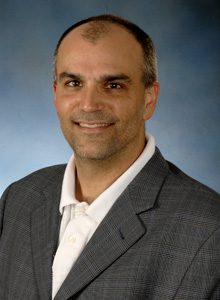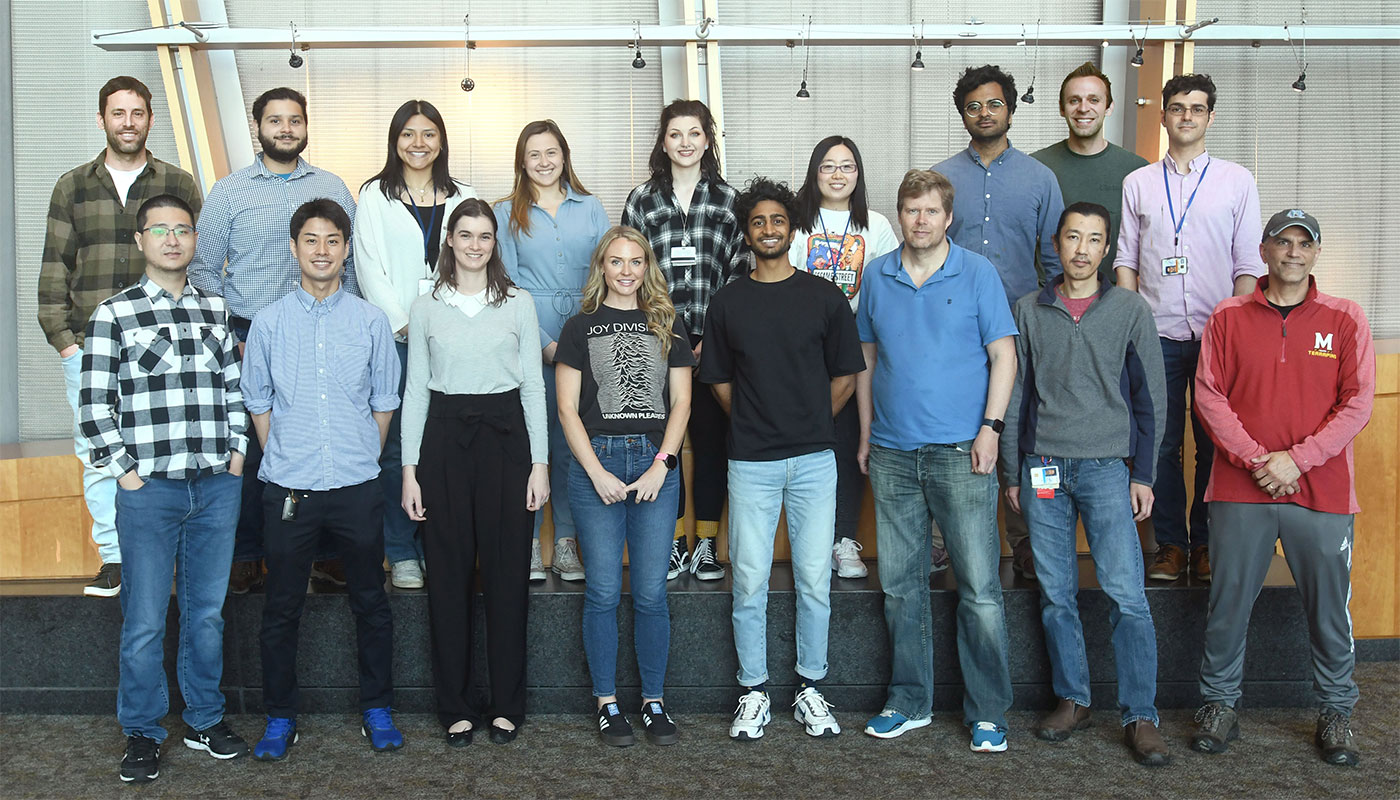A division of the Cellular and Neurocomputational Systems Branch
Section Chief
Geoffrey Schoenbaum, M.D., Ph.D.
NIH Distinguished Investigator
Contact
Location:
Biomedical Research Center
251 Bayview Boulevard
Suite 200, Room 06A705
Baltimore, MD 21224
Phone: 667-312-5273
Email: geoffrey.schoenbaum@nih.gov
About the Lab
The Schoenbaum Lab is interested in the neural circuits mediating associative learning and decision making and how alterations in those circuits contribute to maladaptive behaviors in neuropsychiatric disorders such as addiction. We use rats as a model system to study behaviors and neural circuits that we believe have direct relevance to understanding the human brain. Areas of particular interest include the orbitofrontal cortex, amygdala, striatum, and midbrain dopamine system. Our lab uses behavioral tasks based on principles derived from learning theory, combined with single unit recording, lesions, pharmacological and genetic manipulations to test hypotheses about how these areas interact to support learning and adaptive behavior.
The Schoenbaum Lab uses established and boutique behavioral approaches combined with techniques ranging from single-unit recording to fast scan cyclic voltametry to neurotoxic lesions to optogenetics. Experiments are designed to test hypotheses regarding the neural instantiation of empirically-derived mechanisms known to govern associative learning and decision making, in both normal and drug-experienced animals. Our hypotheses are lifted from the rich traditions of animal learning theory, computational neuroscience, and economics.


